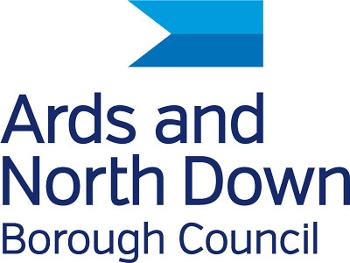Food Safety
Environmental Health Officer Role in Food Control
What We Do
- Inspect food establishments to ensure that food is being handled and produced hygienically, and issue food hygiene ratings.
- Investigate food complaints.
- Respond to consumer complaints and concerns regarding unhygienic food premises.
- Investigate cases of food poisoning.
- Provide food hygiene training for businesses and voluntary groups.
- Register new food premises.
- Provide advice to new and existing food businesses.
- Respond to food alerts issued by the Food Standards Agency about potentially unsafe food.
- Carry out programmed food sampling of businesses to ensure the food they produce is safe.
- Enforce legislation in relation to food standards and labelling.
Information about Food Date Labelling
What is the difference between a 'best before' and 'use by' date?
Most prepacked food must carry an indication of minimum durability. This is better known as either a best before date or a use by date. These dates must be marked clearly on the label. If this is difficult the manufacturer must state where the date can be found, for example, Best before: see date on lid.
Use by dates
Use by date is about safety and the most important date to remember! Foods can be eaten (and most can be frozen) up until the use by date, but not after. You will see use by dates on food that goes off quickly, such as meat products or ready-prepared salads. Foods that have to be stored at low temperatures to maintain their safety rather than their quality need to be labelled with use by dates.
You shouldn't eat any food products that have passed their use by date as it may not be safe to eat. Even if the food looks and smells fine, using it after this date could put your health at risk and cause food poisoning. It's an offence for food business operators to sell any product after its use by date.
For the use by to be a valid guide, you must carefully follow storage instructions on food labels, otherwise the food might not last until the use by date. Usually food with a use by date must be kept in the fridge.
Best before dates
Best before date is about quality and not safety. The food will be safe to eat after this date but may not be at its best. Its flavour and texture might not be as good. The best before dates appear on a wide range of frozen, dried, tinned and other foods. The best before date will only be accurate if the food is stored according to the instructions on the label, such as 'store in a cool dry place' or 'keep in the fridge once opened'.
Exemptions
Certain foods don't have to be marked with a use by or best before date.
These are:
- fresh fruit and vegetables, including potatoes which have not been peeled or cut into pieces (sprouting seeds and similar products must be date marked);
- wine, liqueur wine, sparkling wine and similar products;
- any drink with an alcoholic strength by volume of 10% or more;
- flour confectionery and bread normally consumed within 24 hours of preparation;
- vinegar;
- cooking and table salt;
- solid sugar and flavoured or coloured sugar products;
- chewing gum and similar products.




